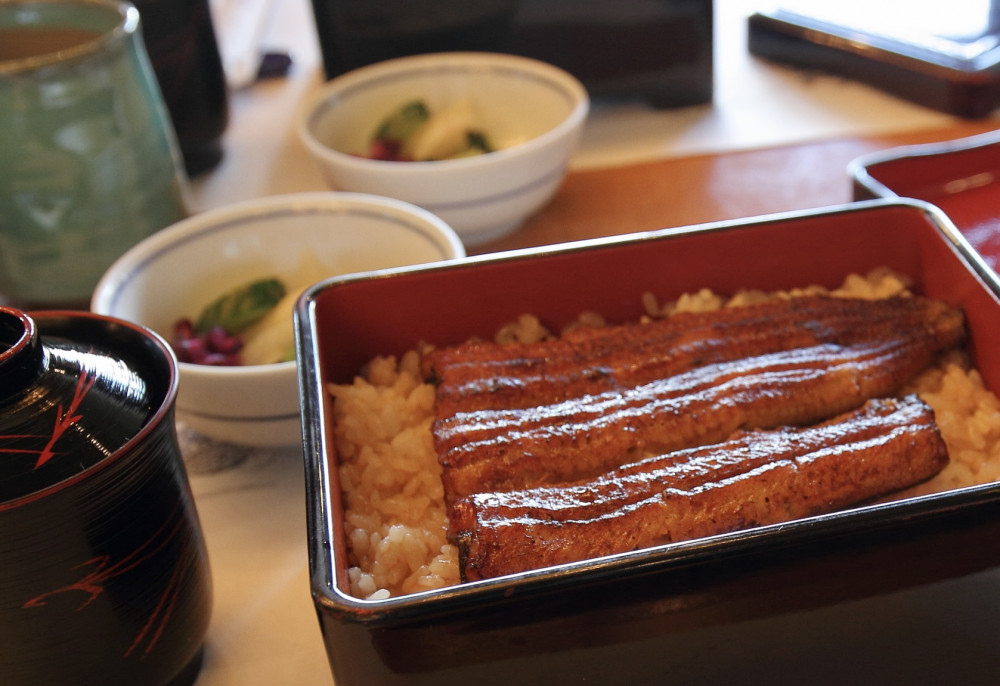
President Yoon Suk Yeol and former Defense Minister Kim Yong-hyun gesture during a ceremony to mark the 76th anniversary of Armed Forces Day at Seoul Airbase in Seongnam, Gyeonggi Province, Oct. 1. Korea Times photo by Wang Tae-seog Army chief removed from duty after serving as martial law commander By Lee Hyo-jin South Korea's defense posture is facing one of its most vulnerable moments in history due to the fallout from President Yoon Suk Yeol's martial law crisis, military analysts said Thursday.
They expressed concerns over the military's readiness to effectively respond to possible North Korean provocations. Yoon, the commander-in-chief of the Armed Forces, is under siege as the embattled president, who sent troops to the National Assembly during his short-lived martial law last week, is facing investigation for alleged treason. If the Assembly passes an impeachment motion, which opposition parties are planning to vote on Saturday, Yoon will be suspended from duty.

The defense minister post remains vacant following the resignation of ex-Minister Kim Yong-hyun last week. Kim, who is suspected as the mastermind of the martial law scheme, is currently held at a detention center in eastern Seoul, facing charges of treason and abuse of power. Vice Defense Minister Kim Seon-ho is temporarily overseeing the ministry's affairs.
While Choi Byung-hyuk, the ambassador to Saudi Arabia, has been nominated as the next defense minister, he is not expected to assume the role anytime soon as the Yoon administration’s fate hangs in the balance. The military's leadership vacuum is compounded by the removal of top brass linked to the martial law debacle. Army Chief of Staff Gen.
Park An-su, who led the martial law command during the brief six-hour rule, was dismissed from duty on Thursday, nine days after the incident occurred late at night on Dec. 3. This follows the suspension of other key commanders, including Lt.
Gen. Yeo In-hyung of the Counterintelligence Command, Lt. Gen.
Kwak Jong-geun of the Special Forces Command and Lt. Gen. Lee Jin-woo of the Capital Defense Command.
Their posts have been temporarily filled by other officials. Several other brigade chiefs, such as the 707th Special Mission Group, are under police investigation for their involvement in the emergency military rule. “This is the first time that a handful of key military officials have been removed simultaneously.
It raises serious concerns about how the military will respond to potential sporadic conflicts in the border area or provocations from North Korea,” a defense analyst told The Korea Times, speaking on the condition of anonymity. "The entire military is in disarray. Many young troops are losing morale and confidence in their leadership," he added.
Former Army Chief of Staff Gen. Park An-su attends a parliamentary questioning session at the National Assembly in Seoul, Tuesday. Park, who served as the chief martial law commander during President Yoon Suk Yeol's short-lived imposition of the order last week, was suspended from his duty, Thursday.
Yonhap Adding to the security fallout, key military officials involved in the martial law fiasco have leaked sensitive information in their attempt to deflect responsibility. During a National Assembly session on Tuesday, Park testified that discussions between the president and top military officials during martial law took place in a command bunker located underground in the Joint Chiefs of Staff building in Seoul. He provided specific details about the locations of key bunkers known only to a few, prompting Vice Defense Minister Kim to intervene and prevent Park from making further statements.
During the session, an opposition lawmaker questioned Maj. Gen. Moon Sang-ho, chief of the defense intelligence command, about whether five undercover agents had been dispatched to the Assembly to arrest lawmakers, unveiling their real names.
Moon acknowledged that all of these agents were under his command. The personal information of covert operatives is classified as highly confidential. The Ministry of National Defense declined to comment regarding the disclosure of undercover agents' personal information on Thursday.
A town in Gaepung County, North Hwanghae Province, is seen from an observatory in Paju, Gyeonggi Province, near the border with North Korea, Tuesday. Yonhap Moreover, the ongoing political instability is expected to hinder South Korea's security cooperation with other nations. As Yoon's impeachment turmoil is expected to roil the nation in the coming months, regular joint trainings with the United States — that have been significantly scaled up under the Yoon administration — may face hurdles.
Amid the martial law fallout, U.S. Secretary of Defense Lloyd Austin skipped his planned trip to South Korea this week.
"The secretary did postpone his visit to the Republic of Korea, just given recent events," said Deputy Pentagon Press Secretary Sabrina Singh during a briefing on Tuesday, referring to South Korea as its official name. Singh also said the Pentagon "doesn't want any actor to take advantage of the ongoing democratic political process" in South Korea in response to a question about whether North Korea may make misjudgments in the wake of the current situation. Analysts are closely watching how Yoon's loosening grip on state affairs could affect the security situation on the Korean Peninsula.
The Kim Jong-un regime typically uses political unrest in the South as a propaganda tool for its residents. In its state-run media on Thursday, the North reported on the martial law turmoil, marking the second consecutive report since the previous day. In its latest report, the North Korean state news outlet Korean Central News Agency said, "Voices of protest demanding the impeachment of the puppet Yoon Suk Yeol regime are escalating every day, further deepening political chaos.
".











